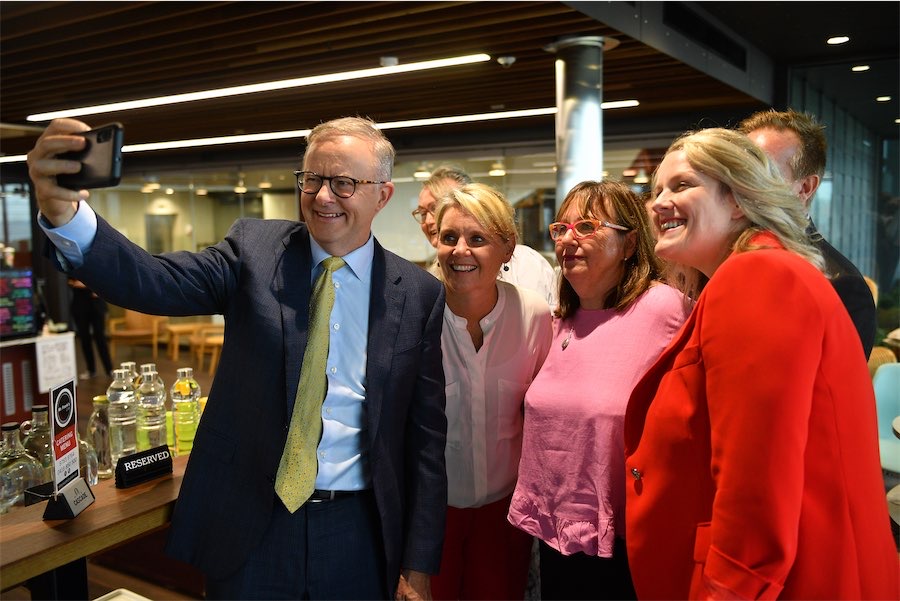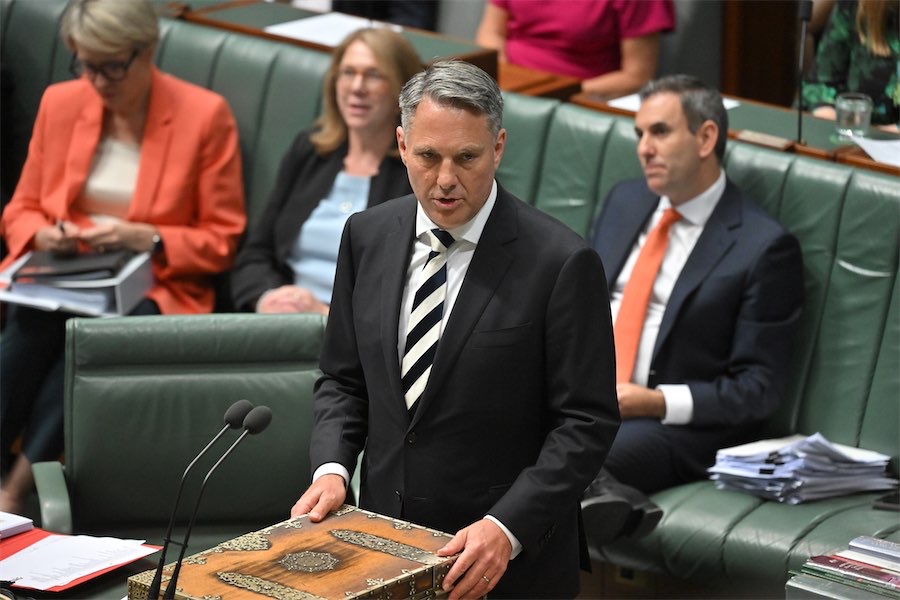 “Labor will attempt to present a fresh approach to counter the incumbency doldrums of nearly two decades. What are the chances that the next amnesty will be parking fines?” writes political columnist MICHAEL MOORE.
“Labor will attempt to present a fresh approach to counter the incumbency doldrums of nearly two decades. What are the chances that the next amnesty will be parking fines?” writes political columnist MICHAEL MOORE.
LIBRARY fines are to be wiped from the books and all outstanding fines forgiven. Responsible users of libraries will now pay for all of those who have carelessly or deliberately failed to return their books.

Fines totalling $1.86 million will be forgiven as of November 21 and no further fines will be levied.
The ACT election is less than a year away and Labor is looking for good stories. They will attempt to present a fresh approach to counter the incumbency doldrums of nearly two decades. What are the chances that the next amnesty will be parking fines?
Each Canberran will fork out around $5 to support irresponsible neighbours with library fines. A household of four will effectively donate $20! Is this fair?
Chief Minister Andrew Barr and Minister for City Services Chris Steel sell this as good news. And it is – in many ways.
The library amnesty illustrates the nature of any government trying to find the balance between the exercise of personal responsibility and good stewardship.
The use of fines in libraries has sent price signals about doing the wrong thing. For the vast majority of people – these have provided a disincentive so that books are returned on time – but it has also provided a disincentive to borrowing.
Books on loan are community assets that others are waiting to read or to study. Responsible citizens understand how selfish it is to hold on to books longer than an allocated time – or beyond an extension that has been granted. And it is so frustrating for the sensible library user to have a book on hold that is not returned. It is particularly appalling that one individual has amassed $4000 in fines in about 15 years.
However, on a practical level such fines are hard to collect. Administrative costs for pursuing these fines will now disappear. Hopefully, this was taken into account. The ACT also had the opportunity to examine amnesty programs in Tasmania, as well as in some parts of Victoria and the City of Sydney.
Minister Steel explained: “We know in cities that have abolished fines that we’ve seen an increase in the number of borrowings, the number of people using our libraries and that’s what we want to attract here.”
He argued that this is part of a scheme to “attract people back into our libraries”.
Mr Steel also pointed out that lessons from elsewhere indicate having no fines removes a disincentive to return books. The Chief Minister argued that as many as three quarters of the people hit with a fine stop borrowing.
Good stewardship is an expectation of government. A key element of this sort of stewardship includes providing the best opportunity for improved education across the socio-economic spectrum. As libraries change they have the opportunity to be a genuine gathering place with a priority on engagement. Removing the big stick provides an improved opportunity for relaxation, research, education and increased understanding of the world around.
Good government stewardship of community resources includes the responsibility to look after those who have not been able to manage themselves. Those who cannot afford books, computers, access to the internet or are not in a position, for example, to pay for peer review journals are at a disadvantage. Access to a library ameliorates some of this disadvantage.
Libraries are one of the ways in which governments can address inequity. From this perspective, there is no doubt that the decision by the Barr government is a progressive one looking to the future. Lack of knowledge and education (including self-education) is an indicator for anti-social and even criminal behaviour. Our libraries have always played a role in this regard and this move will hopefully assist them to improve that role.
With an election less than a year and just one Budget away, there are good reasons to be wary about good news stories. It is important to remember that money spent is from the community and we ought to expect appropriate stewardship of our money.
Who can be trusted?
In a world of spin and confusion, there’s never been a more important time to support independent journalism in Canberra.
If you trust our work online and want to enforce the power of independent voices, I invite you to make a small contribution.
Every dollar of support is invested back into our journalism to help keep citynews.com.au strong and free.
Thank you,
Ian Meikle, editor





Leave a Reply